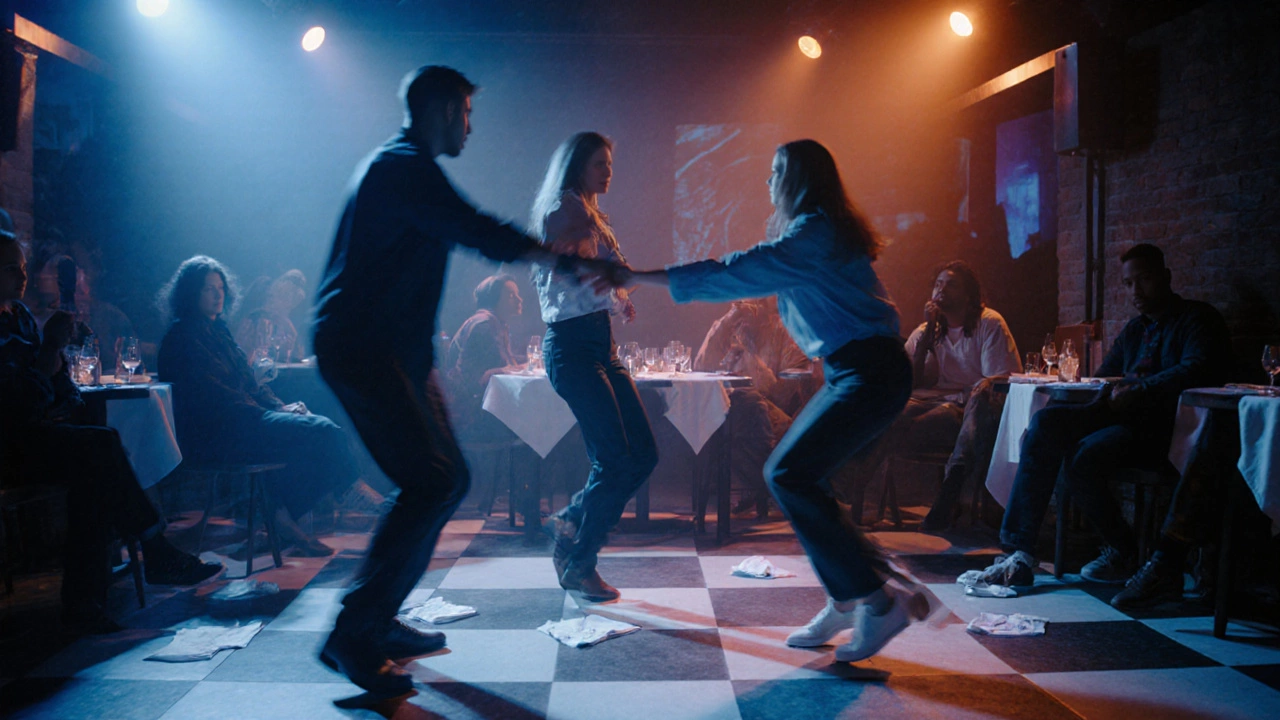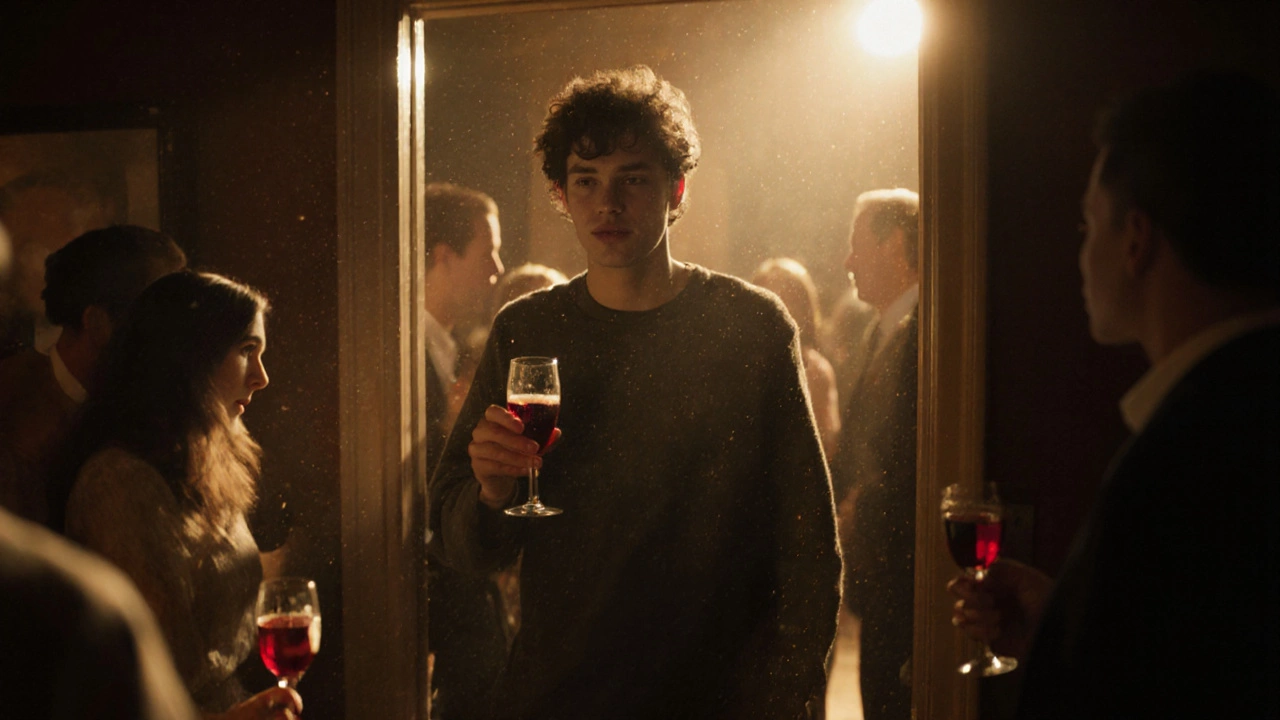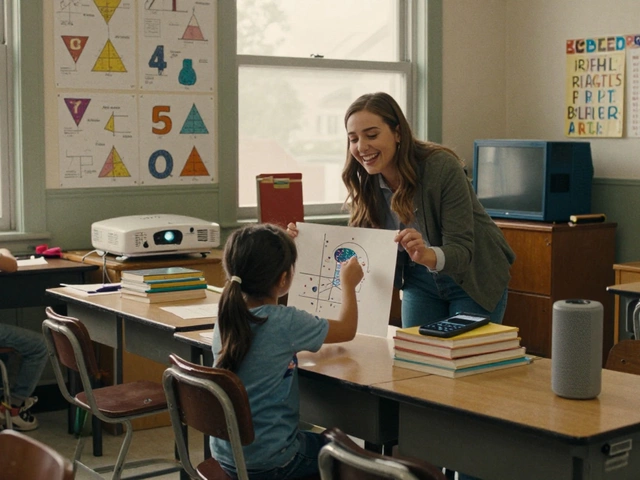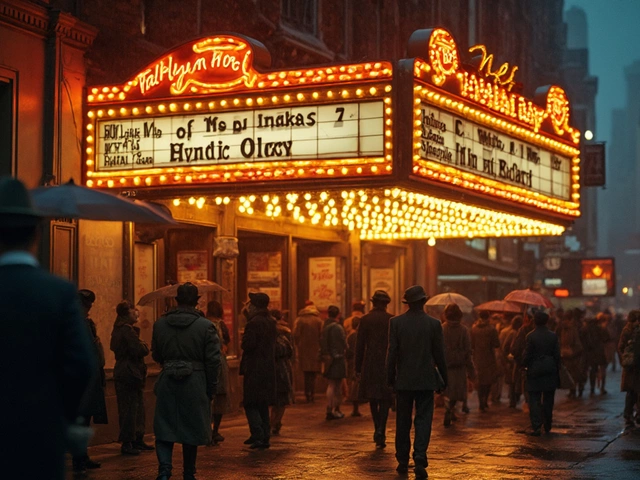Ever walked into a party and felt like you’re watching a strange, quiet movie where everyone else knows the script? You’re not alone. Parties aren’t just about music, snacks, and small talk-they’re complex social ecosystems. What happens at parties? It’s not what you think. It’s not just dancing or drinking. It’s a mix of unspoken rules, hidden signals, and emotional labor most people never talk about.
The Arrival: First Impressions Are Everything
The moment you step through the door, the party already has a rhythm. People aren’t just greeting you-they’re sizing you up. Not in a mean way, but in the way humans have done since before cities existed. Who’s here? Who’s talking to whom? Who’s holding two drinks and looking around like they’re waiting for a bus?Studies show that within 90 seconds of arriving, most people decide whether they’ll enjoy the night. That’s not because they’re judgmental-it’s because the brain is wired to scan for safety. If the host is relaxed, the music isn’t too loud, and someone makes eye contact and smiles, you’re likely to settle in. If the vibe feels tense or crowded with strangers who all seem to know each other? You might start mentally rehearsing your exit.
That’s why the best parties don’t feel like events. They feel like invitations. The host isn’t trying to impress. They’re just making sure there’s enough space-physical and emotional-for people to be themselves.
The Conversation Game: Small Talk Is a Survival Skill
Small talk isn’t shallow. It’s the warm-up lap before the real race. At parties, people don’t dive into life goals or trauma right away. They start with weather, pets, or the food. Why? Because it’s low-risk. Saying "This guacamole is amazing" is safer than saying "I just quit my job."But here’s what no one tells you: the best conversations at parties aren’t about what’s said-they’re about what’s left unsaid. A pause. A raised eyebrow. A quick glance toward the door. These are signals. Someone might say, "I’ve been meaning to try that new hiking trail," but what they really mean is, "I’m bored and want to escape this group."
People who seem "good at parties" aren’t naturally charming. They’re good listeners. They notice when someone’s smile doesn’t reach their eyes. They pivot from "How’s work?" to "What’s something you’re excited about lately?" without making it feel like an interview.
And yes, people do check their phones. Not because they’re rude-they’re often looking for a way out, or a lifeline. A text from a friend saying "You okay?" can be the difference between staying and leaving.
The Dance Floor: Movement as Communication
The dance floor isn’t just for dancing. It’s a social barometer. If the music’s too slow and people are standing still, the party’s flatlining. If the beat kicks in and three people start moving-suddenly, others join. It’s contagious. Not because they love the song, but because movement signals safety. If others are letting go, maybe it’s okay to let go too.Some people dance like no one’s watching. Others dance like they’re being filmed for a reality show. Neither is wrong. But the ones who stand near the edge, arms crossed, eyes scanning? They’re not antisocial. They’re waiting for someone to make the first move. A nod. A smile. A hand held out. That’s all it takes.
Music choices matter. A playlist full of 2000s pop might bring back memories for some and alienate others. A mix of old and new? That’s the sweet spot. It gives people something to connect over-"Oh, I used to blast this in my car!"-and something fresh to explore.

The Food and Drinks: More Than Just Snacks
The spread at a party isn’t just about hunger. It’s about timing, control, and belonging. People who hover near the snack table aren’t necessarily hungry. They’re buying time. Waiting for a lull in conversation. Looking for a reason to move without looking lost.Drinks are even more telling. A glass of water? Could mean you’re driving, pregnant, or just not into it. A cocktail? Might be a shield. A second drink? Often a signal you’re ready to loosen up-or you’re trying to look like you are.
And the food? It’s a silent conversation starter. "Did you try the spicy wings?" is easier to say than "What do you do for a living?" It’s a bridge. A shared experience. Even if you don’t like the food, taking a bite says, "I’m here. I’m participating."
The Quiet Ones: Who’s Really Watching?
Not everyone at a party wants to be the center of attention. Some people sit on the couch, reading a book or scrolling on their phone. Others stand by the window, watching the room like a scientist observing ants.These aren’t the awkward ones. They’re the ones who notice everything. Who remember that Sarah hates cilantro. Who know that Mark gets nervous when someone asks him about his ex. They’re the ones who quietly refill your glass before you ask. Who slip you a napkin when you spill something. Who remember your name three hours in.
At parties, the quiet ones often hold the most power-not because they speak the most, but because they see the most. They know who’s uncomfortable. Who’s pretending. Who needs an exit strategy. And sometimes, they’re the ones who make the whole thing feel human.

The Exit: How to Leave Without Feeling Guilty
Leaving a party is harder than showing up. You don’t want to be rude. You don’t want to seem ungrateful. But you also don’t want to stay until your brain shuts down.There’s no perfect script, but here’s what works: thank the host. Be specific. "Thanks for having everyone over. I loved hearing about your trip to Portugal." Then, give a reason that’s true but not over-explained. "I’ve got an early morning," or "I need to call my sister-she’s been waiting all week."
Don’t apologize for leaving. You’re not doing anything wrong. Parties aren’t obligations. They’re opportunities. And sometimes, the most successful thing you can do is walk out when you still have energy left.
What Makes a Party Memorable?
The best parties don’t have fancy decorations or expensive booze. They have moments. The one where someone tells a story and everyone stops talking. The moment a stranger joins a conversation and suddenly everyone’s laughing. The quiet hand on your shoulder when you look like you’re about to bolt.What happens at parties? People show up, hoping to feel seen. They’re not looking for perfection. They’re looking for connection. And sometimes, that’s just one real conversation, one shared silence, one moment where you realize-you’re not alone in feeling a little out of place.
So next time you’re at a party, stop trying to perform. Just be there. Listen. Smile when it’s real. And if you need to leave? Go. You’ve already done enough.
Why do people act differently at parties than they do at work?
People drop their professional masks at parties because there’s no performance review, no boss watching, and no job on the line. Parties are one of the few places where social rules are looser and emotional honesty is rewarded. You can be tired, weird, or quiet without fear of consequences. That’s why you’ll hear someone say, "I hate my job," at a party but never in a Zoom meeting.
Is it normal to feel anxious at parties?
Yes, it’s completely normal. Studies estimate that up to 70% of people feel some level of social anxiety at gatherings, even if they don’t show it. The pressure to be "on," to make small talk, to not seem boring-it’s exhausting. You’re not broken. You’re human. The trick isn’t to become extroverted. It’s to give yourself permission to be quiet, to take breaks, and to leave when you need to.
What’s the biggest mistake people make at parties?
Trying too hard to impress. Whether it’s name-dropping, oversharing, or forcing laughter, the effort shows-and it pushes people away. The most memorable guests aren’t the loudest or the most confident. They’re the ones who show up as themselves, listen more than they speak, and leave with genuine warmth.
How do you know if a party is going well?
Look at the body language. Are people leaning in? Are conversations flowing naturally? Are there groups forming and breaking apart organically? Is the host moving around, checking in, not stuck in one corner? A good party feels alive-not forced. The music is just background. The real sign of success? People are having quiet, real moments with each other.
Should you bring a gift to a party?
It’s thoughtful, but not required. If you do, keep it simple: a bottle of wine, a pack of cookies, or a plant. Don’t overthink it. The gift isn’t about value-it’s about saying, "I appreciate you inviting me." A handwritten note with it? Even better. But if you forget? Just show up with a smile and a willingness to connect. That’s the real gift.





